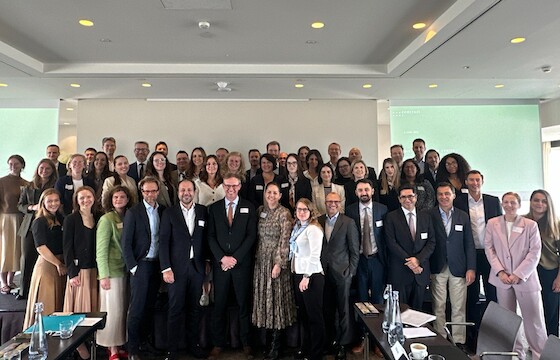It was great to meet with distribution law aficionados from all over the EU and UK during the 3rd Distribution Law Center’s…
On Friday 20 June, the Belgian Competition Authority (BCA) published an update of its dawn raid guidelines. These new…
A recent press release reveals that the Romanian Competition Council (RCC) has opened six investigations into suspected…
How far can a sales restriction be passed along the distribution chain? In this fourth edition of the Distribution Talks, we…
Subscribe for free and get notified on the latest articles, documentation and publications.
The DLC’s Legal notice applies. contrast BV will process your data in accordance with the Privacy notice.



